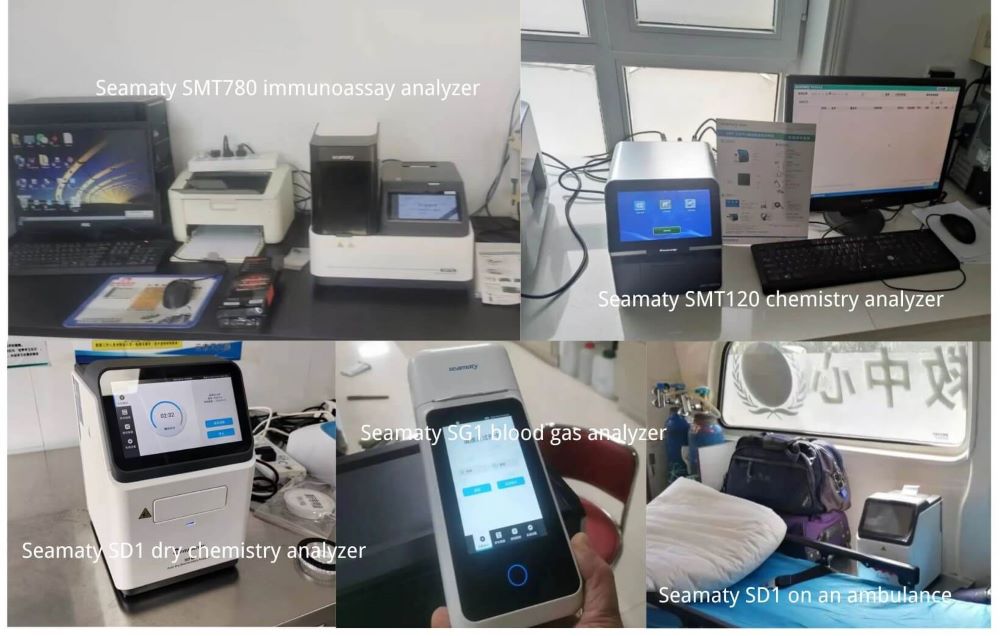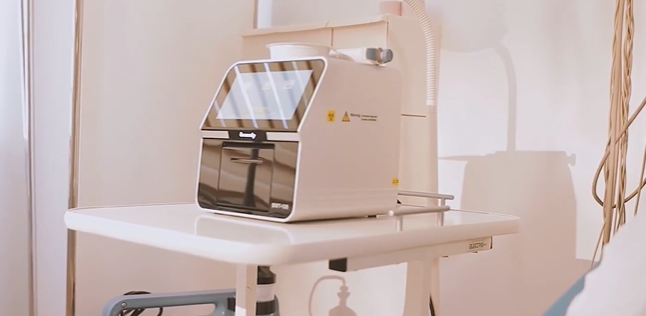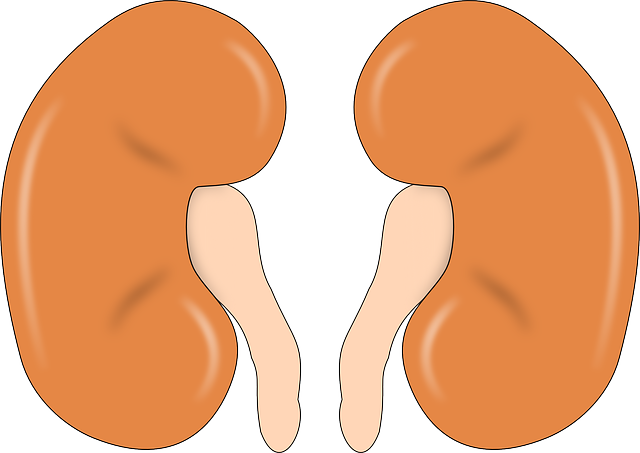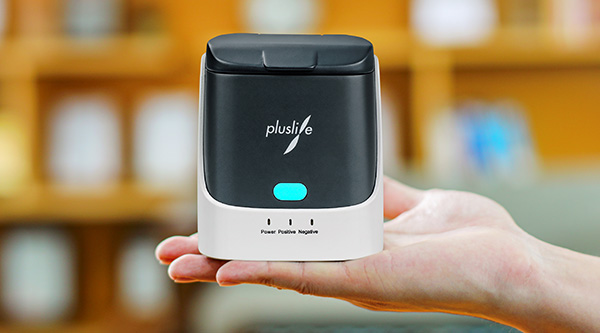release time:2024-03-05 10:39:08
Imagine a village clinic in rural India, a small town doctor in the Amazon rainforest, or a healthcare worker in a remote African community. All face a common challenge: providing advanced medical care with limited resources. Delays in diagnosis and treatment due to lack of access to sophisticated equipment can have severe consequences.
Thankfully, innovative solutions like Seamaty POC analyzers are changing the game in remote healthcare. These Point-of-Care (POC) analyzers are compact, portable devices that bring advanced diagnostic capabilities directly to the patient's bedside. Let's explore how Seamaty POC analyzers are making a lifesaving difference in remote areas around the world.
Seamaty offers a range of POC analyzers, each designed for specific diagnostic needs. The SG1, for example, is a handheld blood gas analyzer. Imagine a doctor in a remote village quickly and easily measuring critical blood gas levels, electrolytes, and metabolites – all within 4 minutes using this user-friendly device. This eliminates the need for lengthy sample transportation and allows for faster, more informed treatment decisions.
Another game-changer is the SD1, a fully automated dry chemistry analyzer. With just a tiny blood sample, the SD1 can perform a wide range of tests, thanks to its built-in centrifuge and real-time quality control features. This translates to faster diagnoses compared to traditional methods, empowering healthcare workers in remote locations to act swiftly.
The SMT-120 is a compact and easy-to-use chemistry analyzer, ideal for smaller clinics. It utilizes single-use reagent discs for cost-effective testing, delivering accurate results in just 12 minutes. This allows for on-site evaluation of routine clinical chemistry parameters, reducing reliance on centralized labs.
Finally, the SMT780 is a powerful immunoassay system. This technology allows for on-demand testing of over 30 parameters crucial for diagnosing thyroid function, inflammation, hormones, and infectious diseases – all in a single run. This comprehensive diagnostic capability proves invaluable in remote settings where access to specialists might be limited.
Pictures can speak a thousand words. Imagine a healthcare worker in a village clinic in India using the Seamaty SG1 to diagnose a patient with malaria on the spot. This allows for immediate treatment, potentially preventing severe complications.
Think of a small town doctor in the Amazon rainforest utilizing the SD1 to perform a rapid strep test, leading to a swift course of antibiotics. Picture a mobile clinic in Africa equipped with the SMT-120, enabling essential blood sugar monitoring for diabetic patients.
These are just a few examples of the real-world impact Seamaty POC analyzers are having in remote locations around the globe. By bringing advanced diagnostics to the frontline of healthcare, Seamaty is helping bridge the gap in access to critical medical services, saving lives and improving health outcomes in communities far and wide.

Seamaty POC analyzers represent a significant leap forward in remote healthcare. Their portability, ease of use, and powerful diagnostic capabilities empower healthcare workers to deliver faster and more informed care, even in resource-limited settings. As Seamaty technology continues to evolve, the future of remote healthcare looks increasingly bright.

2022-06-16
Many of the test doctors who have just entered the workplace will not review the biochemical test results. The following are a few biochemical test report card review of the common problems.

2022-03-30
In clinical practice, blood biochemical indicators such as creatinine (Crea), urea (Urea) and uric acid (UA) are commonly used to determine the quality of kidney function. Today, let's get to know more about creatinine.

2022-02-16
At the beginning of 2022, the development of home testing is still accelerating. At-home testing is convenient, private, non-contact, non-constrained by the environment, and saves medical resources.